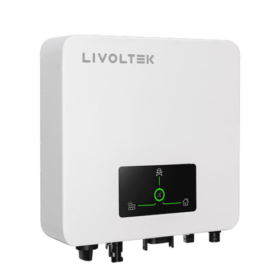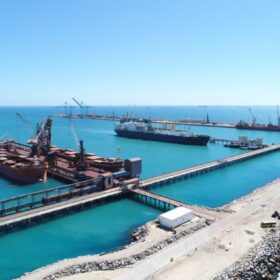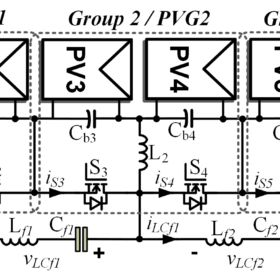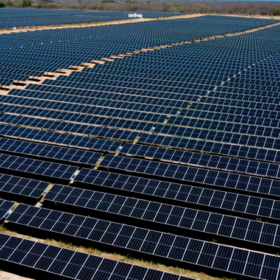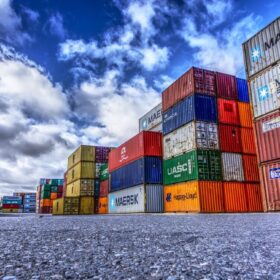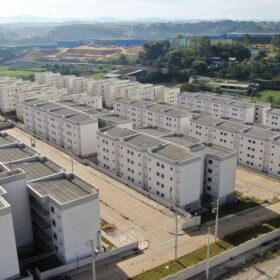Key takeaways from Brazil’s Intersolar South America trade show
The 10th edition of Brazil’s Intersolar South America trade show grew from last year’s event in terms of exhibitors and visitors. The Brazilian solar market is now on track to maintain its position as one of the world’s largest, despite a slight contraction this year.
Livoltek to build 1.8 GW inverter factory in Brazil
Livoltek plans to build a 1.8 GW inverter factory in Manaus, northern Brazil. It says the facility will manufacture single-phase and three-phase devices.
Brazil could produce green hydrogen for $2.87/kg, says consultancy
Sao Paulo-based Clean Energy Latin America says green hydrogen could be produced in Brazil at a levelized cost of hydrogen (LCoH) of $2.87 and $3.56 per kg in some strategic locations.
BayWa re to acquire Brazilian PV distributor Ribeiro Solar
BayWa re has agreed to acquire Ribeiro Solar, a Brazilian PV distributor headquartered in Curitiba, Paraná. The company also operates distribution centers in Paraná, Rio Grande do Sul, and Pernambuco.
New DPP converter to improve yield in PV systems under permanent mismatch
Brazilian scientists have created a new hybrid converter topology based on differential power processing (DPP) that can help reduce power losses in PV systems under permanent mismatch conditions, as well as temporary ones caused by partial shading, dirt and snow. The converter consists of a hybrid topology that combines the PV-to-PV and PV-to-Bus architectures and reportedly solve some of the issues presented by both configurations.
Brazil added 6.8 GW of new PV in H1
Brazil installed 2.3 GW of large-scale solar and 4.5 GW of distributed-generation PV in the first six months of this year.
Brazil imported 7.8 GW of solar modules in H1
Brazilian consultancy Greener says that Brazil imported 7.8 GW of solar modules in the first half of this year, down 21% year on year. However, it says a reduction in distributors’ inventories and module prices could drive up cost competitiveness in the second half.
Brazil prepares lithium extraction plan
The Brazilian town of Vale do Jequitinhonha (MG), which stands out worldwide in mineral production, is the stage of a multisectoral program for the use of Brazilian lithium. The government is now exploring the opportunities of the area in the energy transition.
The Hydrogen Stream: EU, Argentina, Chile, Uruguay to partner on hydrogen
The European Commission and the European Investment Bank have agreed to collaborate with Argentina, Chile and Uruguay on hydrogen, while Masdar, Mitsubishi and Inpex have said that they will use green hydrogen to produce e-methane and polypropylene.
Brazil announces 2 GW solar plan for social housing program
Brazil has announced a new 2 GW solar strategy. It plans to build 2 million new social housing units by 2026 and will deploy two PV modules in each home, providing 1 kW of power per dwelling.

